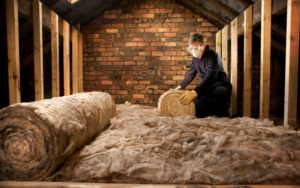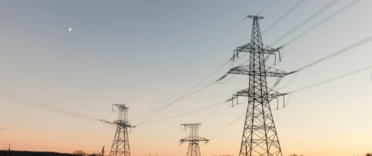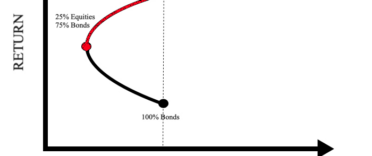
The ECO+ scheme is the government's latest initiative, designed to help hundreds of thousands of households save money on their energy bills by improving their home's energy efficiency. The existing ECO scheme already provides help to those on low incomes and in social housing and the introduction of the ECO+ scheme could see a further 400,000 households receive energy efficiency improvements including improved insulation and heating upgrades. The £1bn plan was announced as part of an £18m campaign that offers advice on how to keep warm and save money throughout the winter.
Chancellor of the Exchequer Jeremy Hunt said: "Our new ECO+ scheme will help hundreds of thousands of people across the UK to better insulate their homes to reduce consumption, with the added benefit of saving families hundreds of pounds each year."
What is the ECO+ scheme?
The existing ECO scheme was launched in 2013 and has delivered 3.5 million energy-efficiency improvements to over 2 million homes to help tackle fuel poverty and reduce carbon emissions in the UK. The newly-launched government scheme, ECO+, is an extension of the ECO scheme and has been launched to provide help to households that were previously ineligible for government support. Under ECO+ over 400,000 households will benefit from energy efficiency improvements that could see savings of around £310 a year. ECO+ is for those living in some of the least energy-efficient households in the UK as well as in the lower Council Tax bands. Those who are experiencing fuel poverty or on means-tested benefits may also be able to benefit from the scheme. The ECO+ scheme is due to run from Spring 2023 for up to 3 years.
Who is eligible for the ECO+ scheme?
Eligibility for the scheme is split into two groups; a low-income group and a general group for those with low energy efficiency property ratings and in low council tax bands. Households that own their property, privately rent or live in social housing will be eligible for the scheme as long as the additional criteria are met. Around one fifth of the funding will be directed towards those in fuel poverty and on certain means-tested benefits. The remainder of the funding for the ECO+ scheme is set to help consumers whose homes have low energy efficiency ratings and are in lower council tax bands.
Further details and eligibility for the scheme are to be announced at a later date but you can visit the government's website to find out your home's energy efficiency rating and council tax band.
What is the qualifying low energy rating?
Households in the larger groups must have a property energy efficiency rating of D or below and be in a low council tax band.
What are the qualifying council tax bands?
If your property has a low energy efficiency rating of D or below and one of the following low council tax bands; A-D in England, A-E in Scotland and A-C in Wales you may be eligible for the scheme.
How to apply for the ECO+ scheme
Additional details of the scheme's eligibility and referral steps are to be confirmed at a later date. Details should be available via your local authority or energy supplier although the government says it is considering alternative referral routes including self-referral options via the government website.
How is the ECO+ scheme being funded?
The Energy Company Consultation Obligation consultation document on the Gov.uk website states that 'From April 2023, the cost of delivering ECO+ will be included in the Energy Price Guarantee (EPG). Between April 2023 and the end of March 2024, the EPG will cap the unit price that consumers pay for electricity and gas, so the average household will pay no more than £3,000. In practice, from April 2023 this means that Ofgem will determine an appropriate allowance within the unit price of gas and electricity that will enable an efficient supplier to recover the costs of meeting its ECO+ obligation, in line with the legislation. The same allowance, within the unit price, will apply to all suppliers. Through the EPG, the government will pay energy suppliers the difference between what can be charged to consumers through their bills, with the unit price of electricity and gas capped, and what would otherwise be payable'.
What to do if you're struggling to pay your energy bills
If you're struggling to pay your energy bills there are a number of things you can do at home to try and reduce your energy usage and maintain your home's warmth. We list some tips below but additional money-saving tips can be found in our article, 'How to save money on your energy bills'.
How to save money on energy bills:
- Only heat rooms that you are using
- Turn down your thermostat 1°C
- Draught-proof your home
- Put up curtains at windows to retain heat inside the room
- Use eco settings on appliances
If you are struggling to pay your energy bills you should contact your energy supplier to discuss an affordable repayment plan, there are also a number of debt charities that can offer free debt help and advice. Find out more in our article, 'What to do if you're struggling to pay your energy bills'.
There are also a number of grants and schemes already available that can help with the cost of energy bills, find out more in our article 'Grants and schemes for help with your energy bills'. Finally, the government announced a Cost of Living Support package earlier this year to help with the rising cost of living. We explain the payments available to households and who is eligible in our Cost of Living Support payment guide.





